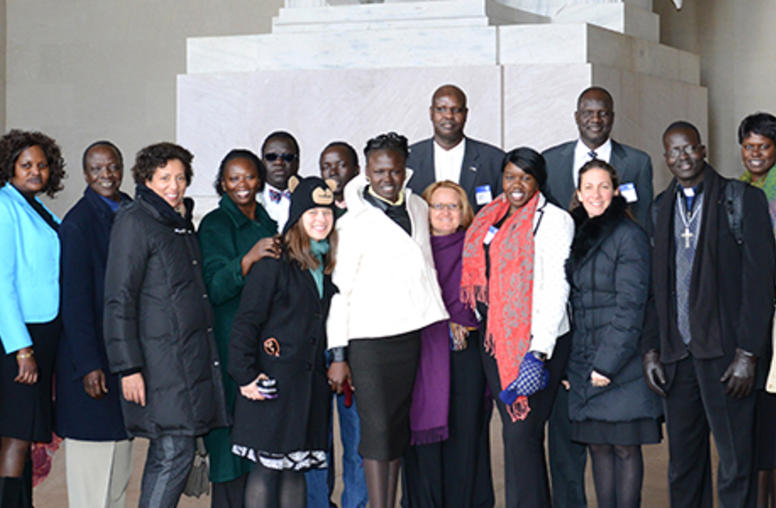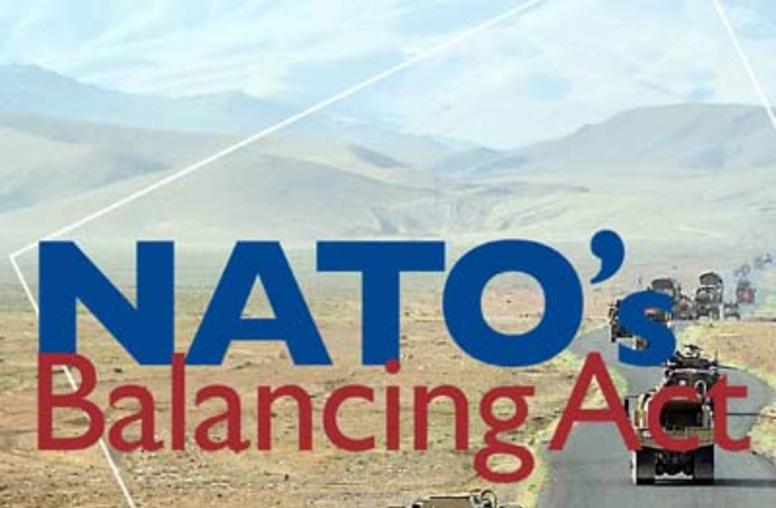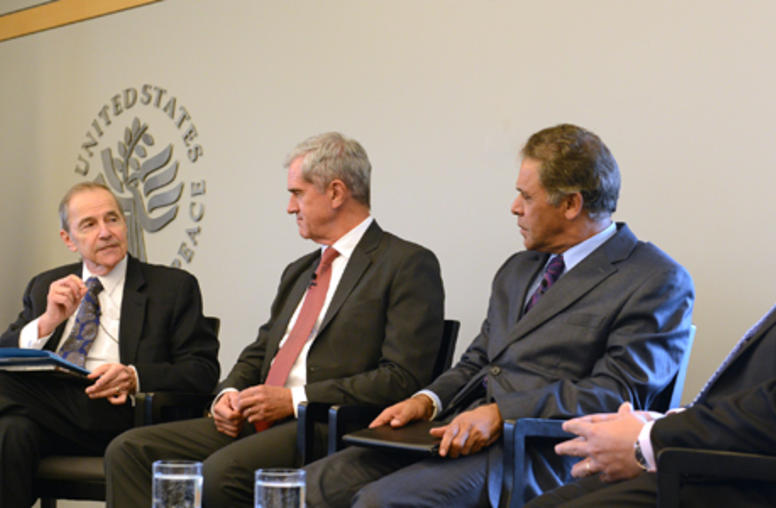Lessons from Peacemaking: What Makes a Good International Mediator?
Join Harriet Martin, author of Kings of Peace, Pawns of War, the inside story of some of the world's most intractable conflicts and the mediators who sought to resolve them, and senior practitioners of mediation and peacemaking Søren Jessen-Petersen and Charles Snyder as they explore the role of third-party mediators in intractable conflicts. How do they shape the process and interact with the other institutions involved? What makes an international mediator successful? What skills and characteristics of mediators and their institutions are most essential, and how can they be developed?
Speakers
- Harriet Martin
Author of Kings of Peace, Pawns of War, speech writer and political analyst for the UN, and journalist covering the war in Bosnia for The Economist and the Financial Times - Charles Snyder
Director of the Office of Asia, Africa, and Europe/NIS (INL/AAE), U.S. Department of State and former Senior Representative for the Sudan Peace Initiative, U.S. Department of State - Søren Jessen-Petersen
USIP Guest Scholar and former Special Representative of the UN Secretary General and head of the UN Mission in Kosovo - A. Heather Coyne, Moderator
U.S. Institute of Peace
Archived Audio
To listen to audio or to view video, please click on the links provided below. You also can right click on the links and choose "Save Target As" or "Download Linked File." This will save the file to your computer and then allow you to play it in your media player directly. More Audio Help.



